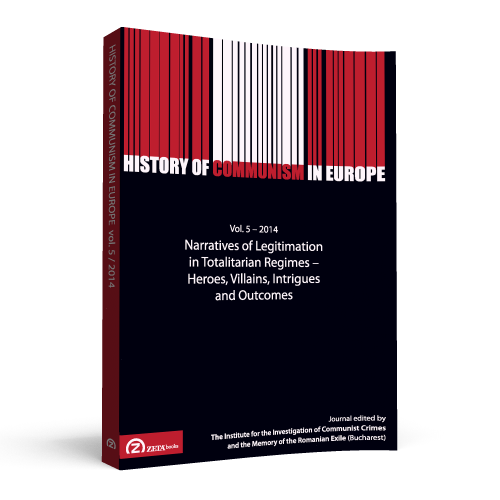Medieval Saints and Martyrs as Communist Villains and Heroes: National Days in Czechoslovakia and Hungary during Communism
Medieval Saints and Martyrs as Communist Villains and Heroes: National Days in Czechoslovakia and Hungary during Communism
Author(s): Andrea TalabérSubject(s): History, Special Historiographies:, Interwar Period (1920 - 1939), History of Communism
Published by: Zeta Books
Keywords: National days; Communism; Czechoslovakia; Hungary; medieval figures
Summary/Abstract: This paper examines the transformation of medieval figures from state “heroes” during the interwar years into “villains” of the Communist state in Czechoslovakia (St Wenceslas and Jan Hus) and Hungary (St Stephen) through their national day commemorations. I argue that the negative treatment of these medieval heroes was not clear-cut and, especially in Hungary, they enjoyed a comeback of sorts during the second half of the Communist era. This article thus demonstrates, through official commemorative events, that the Communist regimes of Czechoslovakia and Hungary to some extent were ready to continue with national symbols and traditions that were firmly established in the previous era and had apparently been abolished by the Communist regimes themselves.
Journal: History of Communism in Europe
- Issue Year: 2014
- Issue No: 5
- Page Range: 168-192
- Page Count: 25
- Language: English
- Content File-PDF

